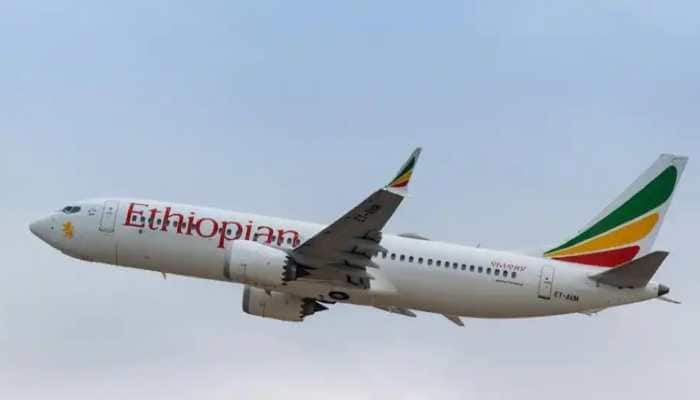
One of my friends recently flew Ethiopian Airlines from Mumbai to Lagos; her choice was not Ethiopian Airlines but since she wanted to go urgently, and ticket was available on this airline, she flew. She was pleasantly surprised as she experienced clean comfortable plane, comfortable seats, good food and service, clean toilets which were regularly cleaned and polite staff on the flight of almost ten hours.
As an airline, safety is everyone’s first priority, Ethiopian is a high performance and learning organization. A learning organization is an organization skilled at creating, acquiring, and transferring knowledge, and at modifying its behaviour to reflect new knowledge and insights. This airline tries to continuously improve, innovate on the basis of knowledge-sharing. The airline respects and rewards its employees for their integrity, people skills and team work. It recognizes creativity and innovation in its people. At the same time, the airline shows Zero tolerance to meaninglessness, inefficiency and bureaucracy. Ethiopian believes treating their customers with best possible way, wanting them to become their loyal customers. Ethiopian’s HR policies are good.
Emperor Haile Selassie-I of Ethiopia planned to modernize the country. One of his first steps towards modernization was to set up an airline with the help of the United States, the United Kingdom, and France. With Trans World Airlines (TWA) on hand to offer its expertise, operations commenced on April 8, 1946, from Addis Ababa-Asmara-Cairo. Ethiopian Airline’s vision is to become the most competitive and leading aviation group in Africa by providing safe, market driven and customer focused passenger and cargo transport, aviation training, flight catering, MRO (maintenance, repair and overhauling) and ground services by 2025. Most importantly Ethiopian Airlines, the national airline of Ethiopia, has a good safety record. The airline has taken a number of precautions in order to ensure the safety of their passengers during the flight and at the airport.
By 2035, Ethiopian Airlines aims to have over 207 destinations across the world. In terms of fleet size, the airline currently has 140 planes. It aims to increase it to 271 planes by 2035. Ethiopia has the plan to build a $5 billion worth largest airport outside of the capital Addis Ababa. Despite being 100% government-owned, Ethiopian largely owes its success to the government letting it operate commercially which is unusual in Africa. Ethiopian Airlines is Certified as a 4-Star Airline for the quality of its airport and onboard product and staff service. Product rating includes seats, amenities, food and beverages, in-flight entertainment, cleanliness etc, and service rating for both cabin staff and ground staff.
An adage in commercial aviation is that almost each airline always loses money. Some analysts go as far as to argue that the global industry has collectively never turned a profit. Whatsoever the accuracy of the overall accounting, it is clear that commercial aviation is an industry in which it is difficult to flourish. The industry’s history demonstrates that airline expansion risks, and often overextends, the fundamental strengths of the business. However, despite the many pitfalls, most airlines do explicitly seek to expand. But Ethiopian has managed and mitigated the risks of expansion.
Ethiopian Airlines Group and the Boeing company have signed a strategic Memorandum of Understanding (MoU) on positioning Ethiopia as an aviation hub for Africa. Building on the two parties’ seventy years of shared history in aviation, the MoU aims at positioning Ethiopia as Africa’s aviation hub – “Ethiopia for Africa”. Boeing has recognized Ethiopian as a global aviation leader in the continent. The MoU is indicative of Boeing and Ethiopian Airlines interest to establish a mutually beneficial world class aviation partnership.
Aviation branding establishes the aviation company as a leader/challenger/follower in the industry. For creating a strong brand in the aviation market, the basic duty of an airline is to provide customers with a sense of safety and comfort. Their core job is to provide luxury, ease, customer care quality, right-time arrival, airline’s safety reputation, cabin crew friendliness, ease of booking process, baggage allowance and fastest route to destination.
The Ethiopian Airlines growth story is very impressive.













































